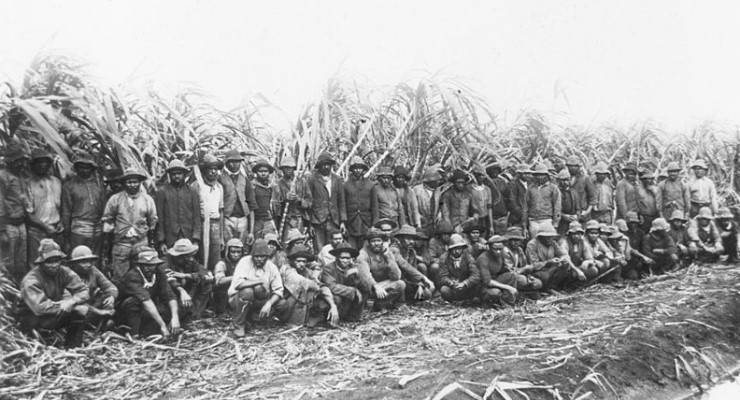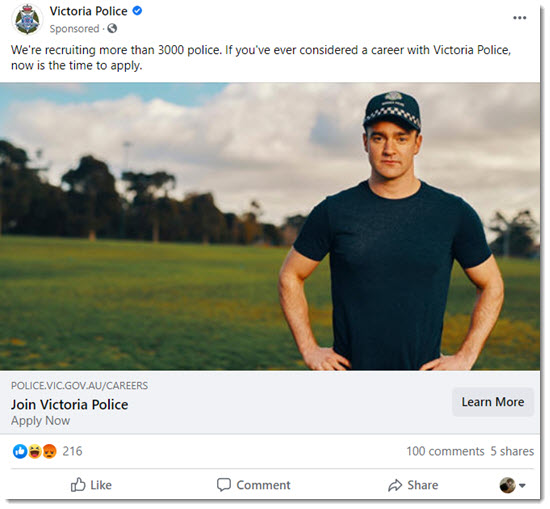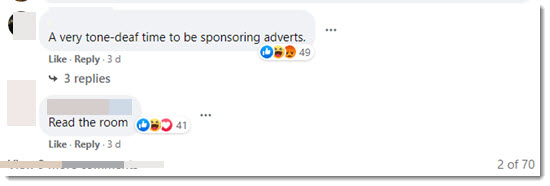
This government continues to be historically illiterate and the AFR botches its numbers (and everything else). Plus more tips and murmurs from the Crikey bunker.
Alternative histories While we were still trying to wrap our head around acting Minister for Multicultural Affairs Alan Tudge declaring that racism in Australia had been defeated thanks to one Australian-born woman of Asian descent being on TV, this morning Prime Minister Scott Morrison told Ben Fordham that “there was no slavery in Australia”.
So what would he call the practice of “blackbirding”? From the 1860s onward, tens of thousands of Pacific Islanders were brought to Australia to work on plantations in Queensland — some by choice, but others often by “force or trickery”. Unmarked mass graves are still being found.
Meanwhile, under protection acts around the country, Indigenous workers had no access to their wages (nor control over where they worked or lived). Hundreds of millions in payment was stolen.
Perhaps the PM would argue this wasn’t “according to Hoyle” slavery. But at a time when a proper reckoning is being demanded, equivocation won’t cut it.
Fingerprints As Crikey reported earlier this week, The Sydney Morning Herald — owned by a company that hosts Liberal fundraisers and which is chaired by a senior Liberal — appears to have joined the Liberal Party’s war on industry superannuation funds.
So it was interesting to see an article this week covering a new report by the Australian Centre for Corporate Responsibility examining the shareholder resolution voting records of super funds on environmental, social and governance (ESG) issues.
The article noted “eight major super funds have been criticised for voting against the majority of shareholder proposals on climate change”. While it mentioned AMP, it singled out industry funds AustralianSuper, First State Super, MTAA, Media Super and Unisuper as repeat offenders when it came to voting against ESG resolutions.
Curiously absent from the piece was any mention of the ACCR’s conclusion that “relative to the rest of the industry, retail funds (mostly members of the Financial Services Council) supported fewer shareholder proposals, and had poorer voting disclosure records”.
Perhaps all that was in the original article, only for it to be removed in the editing process… which is controlled at the SMH by a one-time Liberal staffer and former Joe Hockey adviser James Chessell.
Lora Norder The Victorian police have picked an interesting historical point to start a social media recruitment push:

The response has been… mixed.
In fact any commentary we might add is pretty much taken care of by the top two comments:

Good Feud Guide Yesterday, Aaron Patrick at The Australian Financial Review dusted off his both-siderism manual to argue that the death in custody of David Dungay — whose final words “I can’t breath” acted as a sickening precursor of the Black Lives Matter rallying cry — was “more complicated” that it might seem.
Part of Patrick’s argument relied on assessment of the data used in The Guardian‘s deaths-in-custody project — an assessment which, it turned out, was completely wrong. The AFR piece was swiftly amended with a clarification:
By only including prison deaths, an earlier version of this article incorrectly asserted that the Guardian‘s deaths in custody count was almost double the official count.
Patrick issued an apology to Guardian editor Lenore Taylor and Indigenous affairs editor Lorena Allam, which Taylor accepted. Of course, given the content of the rest of the article — a tissue of evasions, minimisations and straw-man arguments which have since been expertly dismantled by associate professor Chelsea Bond — perhaps it’s not The Guardian that Patrick owes an apology?








Please … can someone who can spell check the articles before they are posted?
Just in this one, “… whose final words “I can’t breath” …” – seriously? there’s no verb “to breath”. The verb is “to breathE” a breath is taken when one breathes, but one cannot breath, EVER!
Yes, it’s a piddling point, but it makes a mockery of the attempts you make to promote real journalism when the editorial staff (if they exist) cannot pick up such glaring errors in English usage.
Any English teacher over 50 would be able to do a better job of proofreading.
Try telling that to the dying man . It’s ‘ piddlin ‘g annoying of him . Hope he doesn’t do it again , ignorant sod .
Somebody called ‘Peregrine’ – (14 years of age?) – unintentionally demonstrates the importance of the point you have made.
I have read that there is some evidence that there is still slavery hidden away in Australia.
“Fingerprints” – the one-sided biased coverage of super funds – the abuse of position to purvey a corrupt interpretation of events – and the media/journalists/hacks wonder why they’re being flushed by the greater public?
The vicious and racist English empire mostly sent out slaves masqueraded as convicts.
Australia was built on free slave labour. For the first few decades after British settlement, convicts were used to build infrastructure and work farms. Those who were given ticket-of-leave did get paid for their labour but the rum economy ensured that many who had ticket-of-leave or conditional pardons lost the privilege through drunken behaviour (many were paid in rum) and were back working for nothing but their keep. Farmers and business in Australia grew wealthy firstly using convict labour, then blackbirding and indigenous labour.